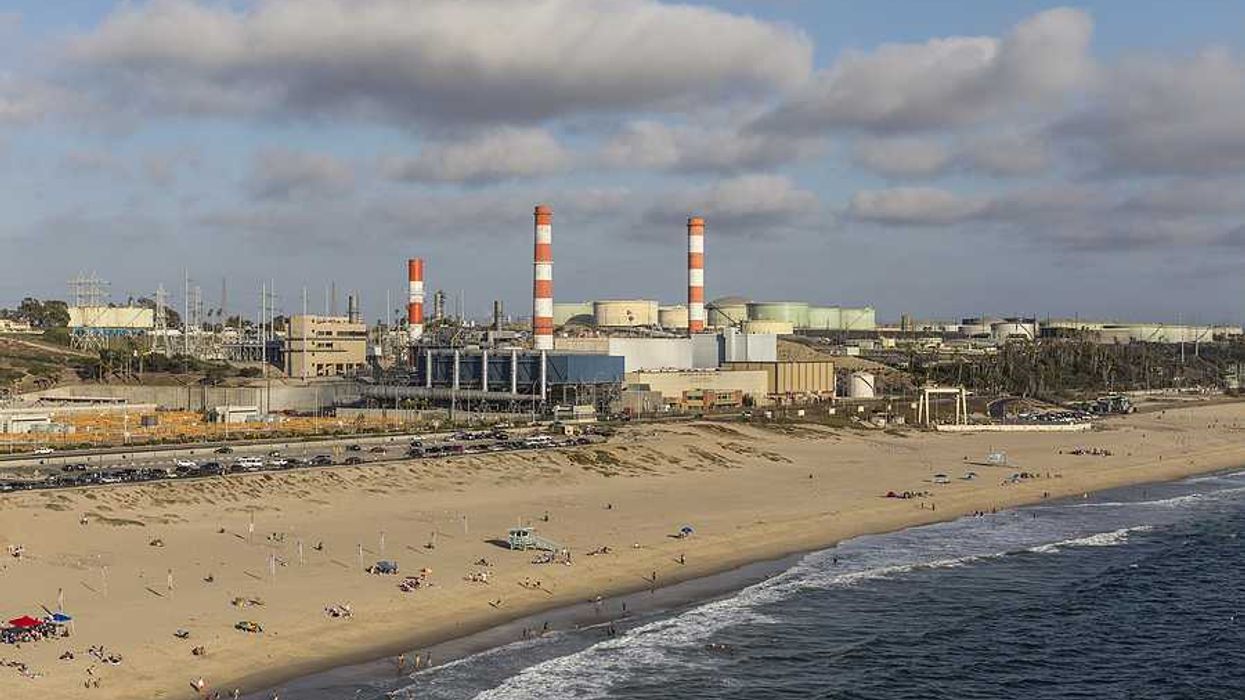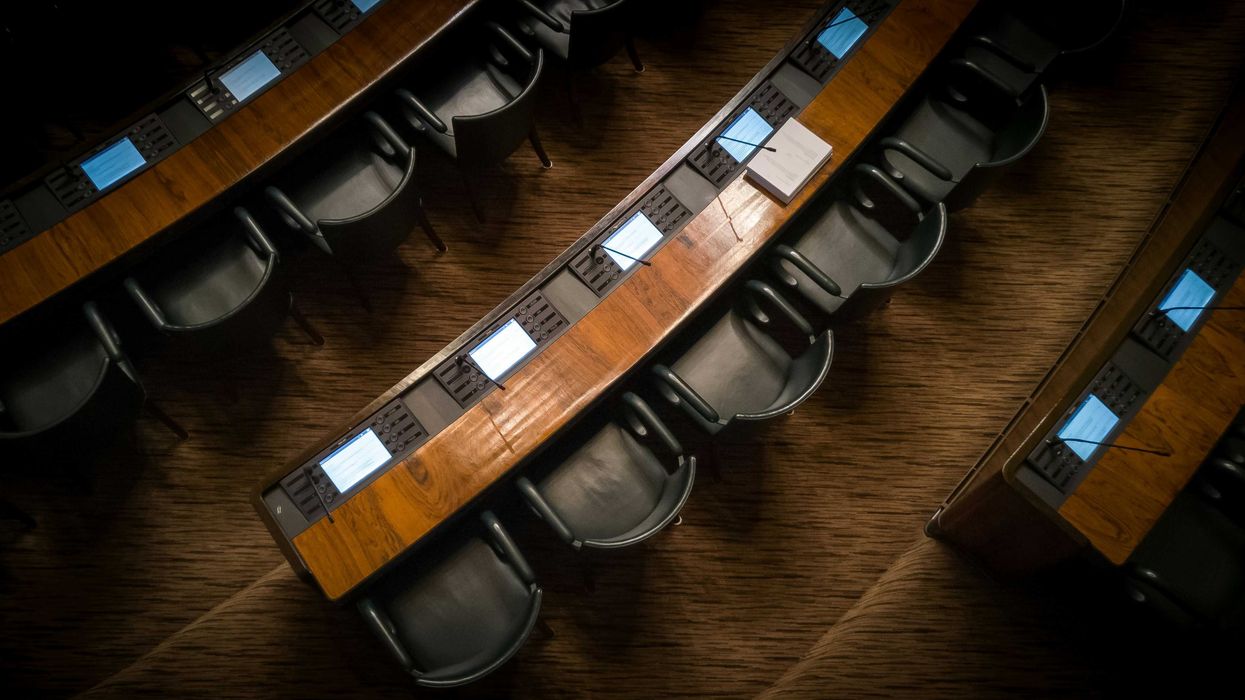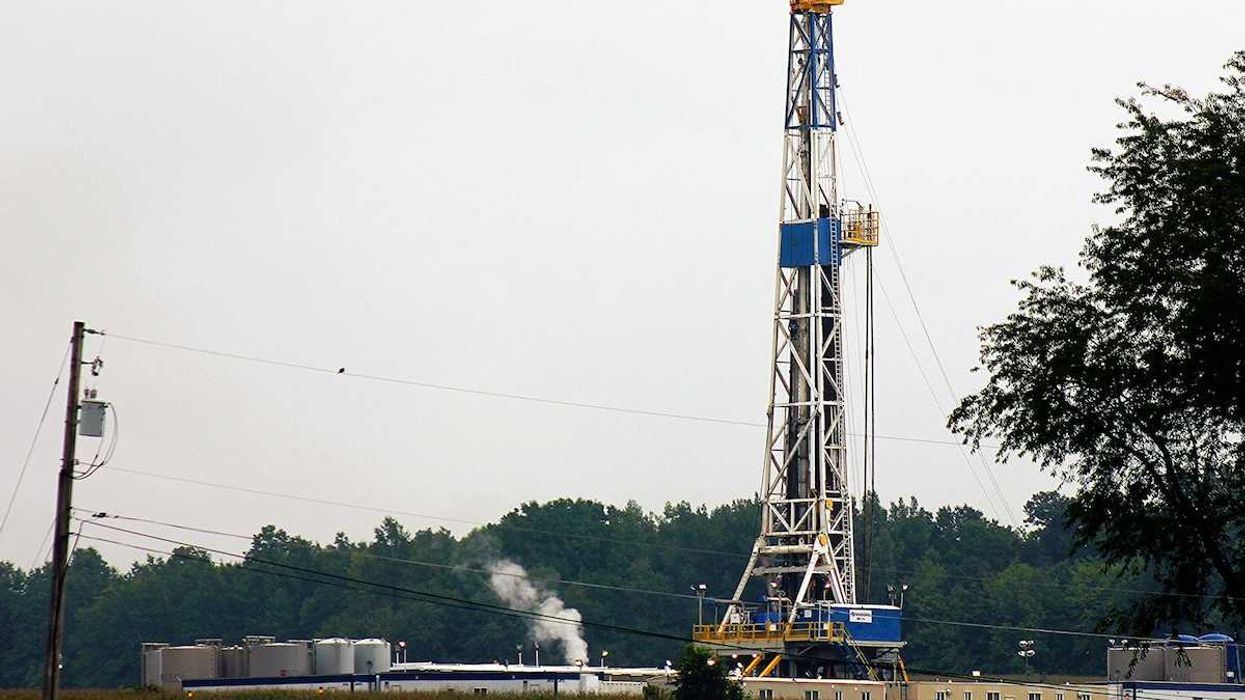The U.S. Environmental Protection Agency's new Lead and Copper Rule gives Chicago 20 years to replace its lead service lines, but residents and advocates argue this timeline is too long for communities already suffering from multiple environmental risks.
Nina Elkadi reports for Inside Climate News.
In short:
- Chicago has 400,000 lead service lines, far more than other U.S. cities, due to its historical use of lead pipes until 1986.
- South Side residents face additional pollution burdens and are disproportionately affected by the lead pipe issue.
- Advocates call for faster replacement and better education about lead's dangers, especially in underserved neighborhoods.
Key quote:
“There’s not a lot of education that folks get about the impacts of lead.”
— Gina Ramirez, southeast Chicago resident
Why this matters:
Lead contamination poses severe health risks, especially for children. Delaying the replacement of lead pipes leaves vulnerable communities exposed to these dangers for far too long, exacerbating existing environmental and health inequities.
Related coverage:














